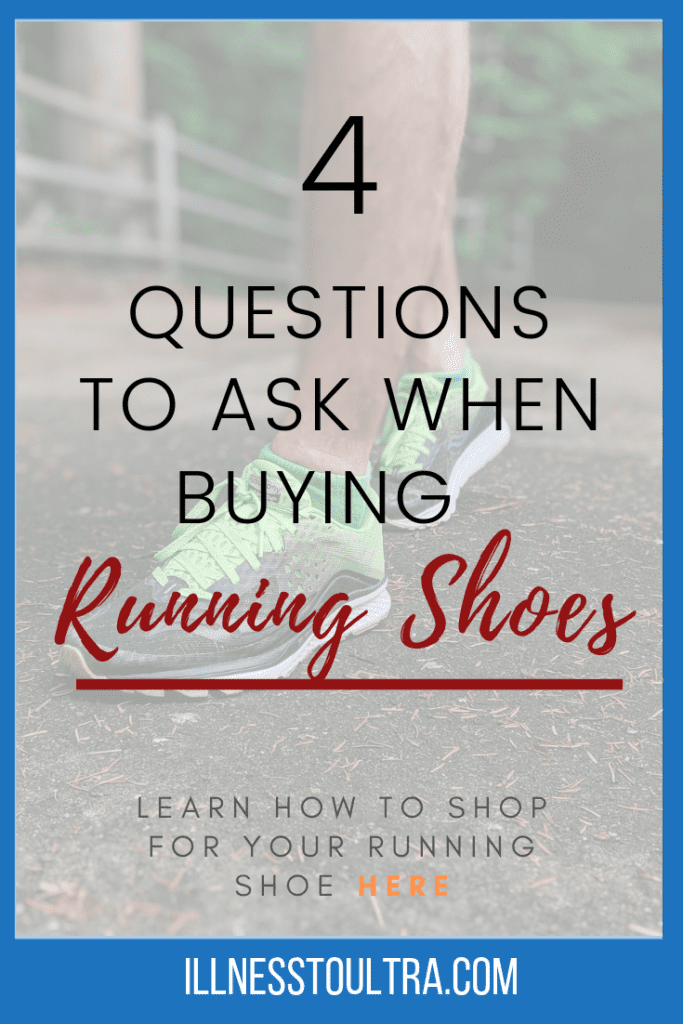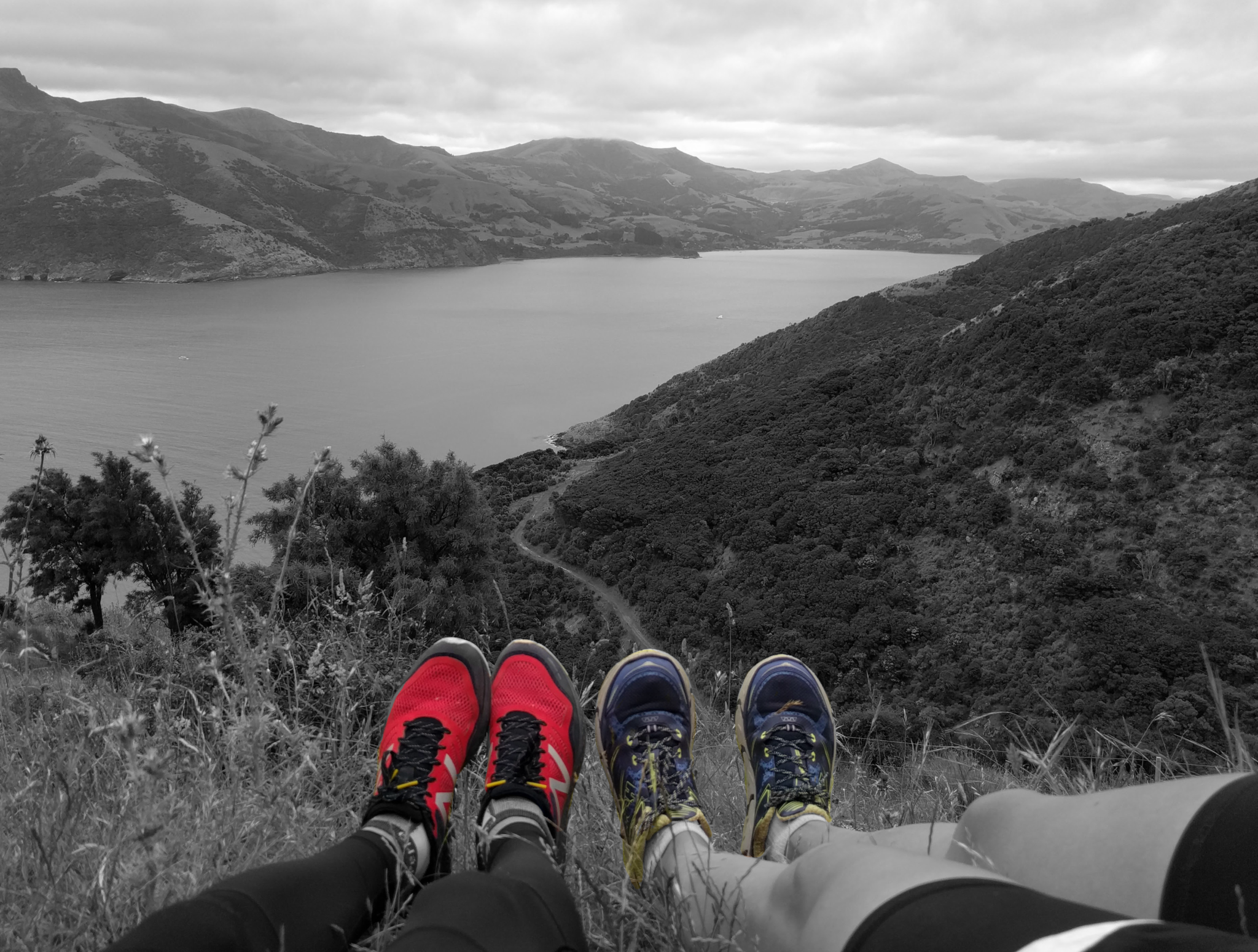The Questions to Ask To Help you Choose a Running Shoe
How much are you running?
This question is an umbrella question for the sub-questions of ‘how long’ and ‘how often’ do you run. Asking this question usually determines the price bracket of your running shoe.
If you are a runner that is doing the 5km park run every week, you do not need to buy the top-of-the-line shoe. Of course, if that’s your preference and works well for you, great. But is this purchase going to be a high return on your investment?
Conversely, if you are training for an ultramarathon, it’s highly advisable for you to look into a shoe that will last. If you choose a lower quality shoe and it only ends up lasting you 100 miles, you will be throwing the pair in the used pile within about five training runs.
Knowing the distance that you are running is important for choosing your running shoe.
What type of running do you do?
Now your next step is narrowing down the type of shoes you are considering. Often, this leaves you with the options of trail shoes or road shoes. Specialty shoes like track spikes and long-distance hiking/running shoes are also available, but these are fringe categories.
If you run only on-road or only on trail, it’s relatively straight-forward. However, if your running falls in-between trail and road running shoe groups, then you can look at some hard-wearing trail shoes which work “OK” on both.
As a runner and previous running shoe salesman, I can honestly say that my best running shoe advice is to commit to TWO pairs of shoes, one for trails and one for roads. For optimal running, you really will not want to compromise in either area, and you will get a better life span out of each pair of shoes this way.
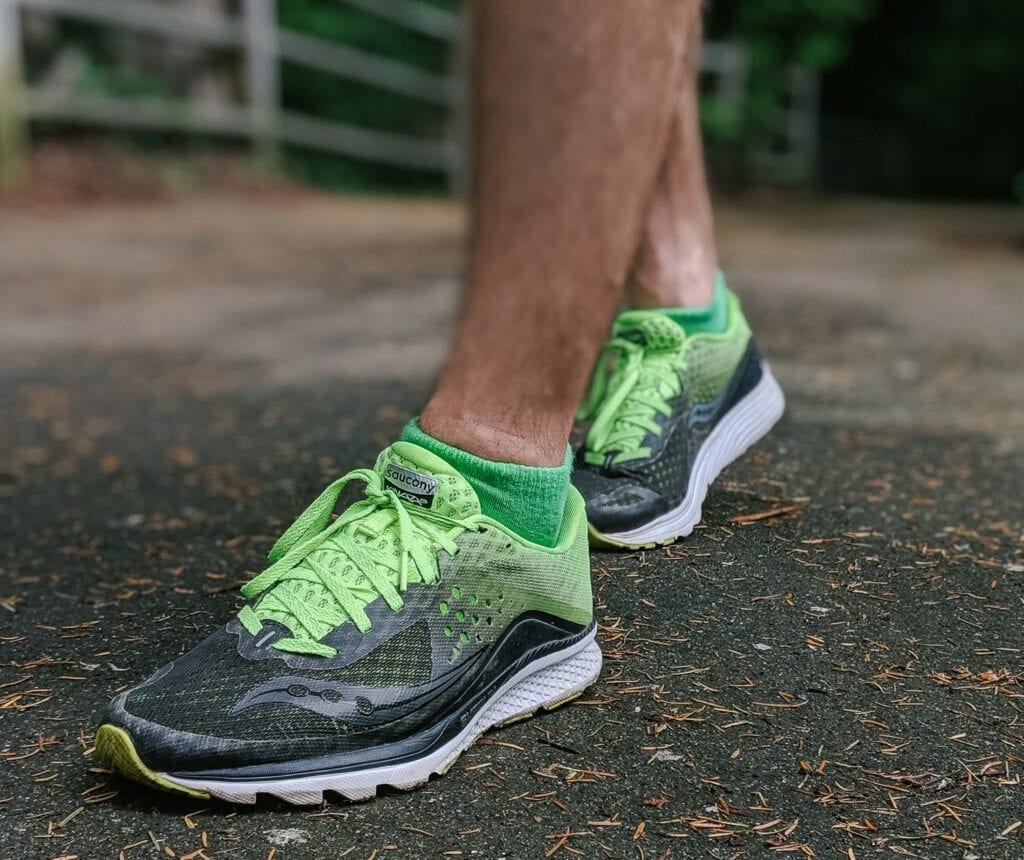
What shoes have worked in the past?
If this is your first time buying running shoes, skip this section.
If you have previous experience buying and wearing running shoes, then you’ll likely know what types of shoes work for you.
Usually, brands have a specific fit, and while this can change slightly in the range and models currently on the market, most of the time it’s a safe bet to go with a brand you know well.
If this is not possible, look at the shape of the shoe.
- Is it wide/narrow in forefoot or heel?
- Is it traditional in the heel being higher than the forefoot?
- Does it have a lot of cushioning?
- Is the upper material relaxed or is it rigid?
These are all great questions to ask when looking for a new shoe.
What previous injuries do you have?
If you have a reoccurring knee issue (prevalent for runners) first of all go and see the physio. Then have a look at your shoe selection. It may affect the way you choose a running shoe.
In my opinion, everyone should be able to run barefoot and be injury-free. But this can’t always happen. In reality, most people are unable to put the time into strengthening and conditioning their bodies to be able to successfully run barefoot and injury-free.
If you are a runner who is considering going minimal, it’s essential that you are fully invested and willing to endure the slow, steady build-up.
If you are unable to stay injury-free or you’re getting a little older, minimal may not be the shoe for you. Barefoot running puts a lot of stress through your ligaments, muscles, and tendons which will take a long while to strengthen to the optimal state.
In some cases, I would suggest looking into maximal shoes – a lot of cushioning – and shoes that will force you into specific striking motions to reduce the possibility of injury.
If you want to learn more about maximal and minimal shoes, my blog post “Should you be running in a Maximal or Minimal shoe?” will teach you all you need to know.
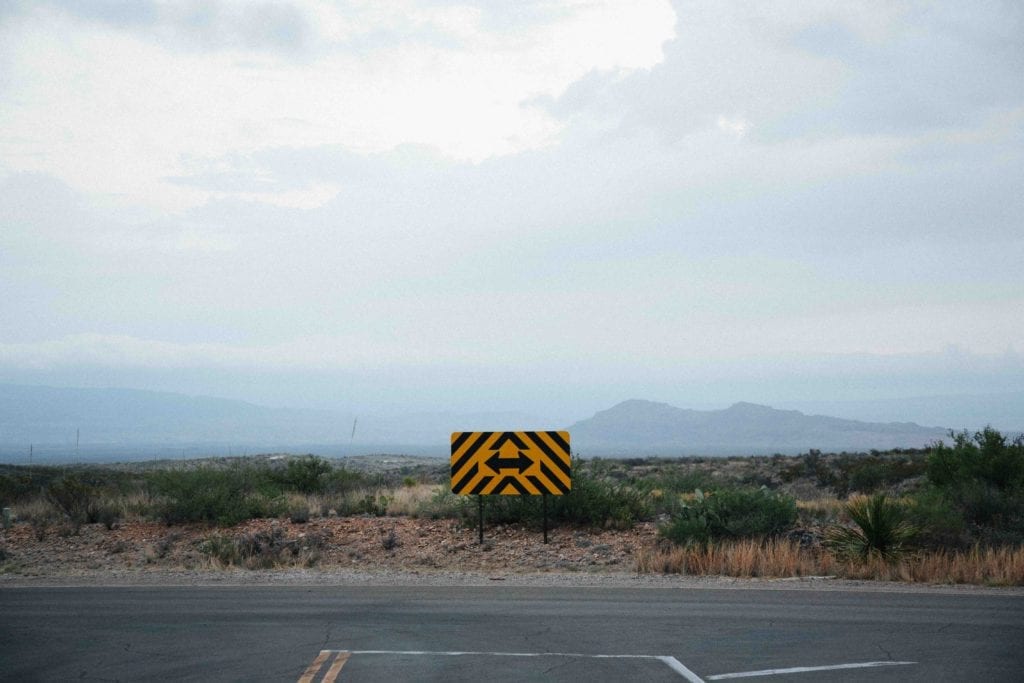
How I would choose a running shoe.
Below I’ve asked the questions from above and answered them as customers who walk into running shoe stores. Then I’ve followed up with the decisions showing how to choose a running shoe.
Q. How much running are you doing?
A. I’m running about a 10-15 mile week with about 2-3 runs per week.
We are looking at any mid-range shoe and keeping an open mind with cushioning.
Q. What type of running do you do?
A. I run mainly on trails in the mountains.
We need a trail shoe here and maybe with a focus on protection as we are looking at mountain running.
Q. What shoes have worked in the past?
A. Fairly minimal shoes with a low drop (heel to forefoot difference). I usually like to have freedom and depth in the forefoot with a snug heal lock.
Minimal shoes work here, so a traditional shoe is probably a no-go.
Q. What previous injuries have I had?
A. A couple of knee issues and IT band issues.
We could maybe look at adding a little more cushioning than in the past, but the best running shoe advice would be to work on strength and conditioning.
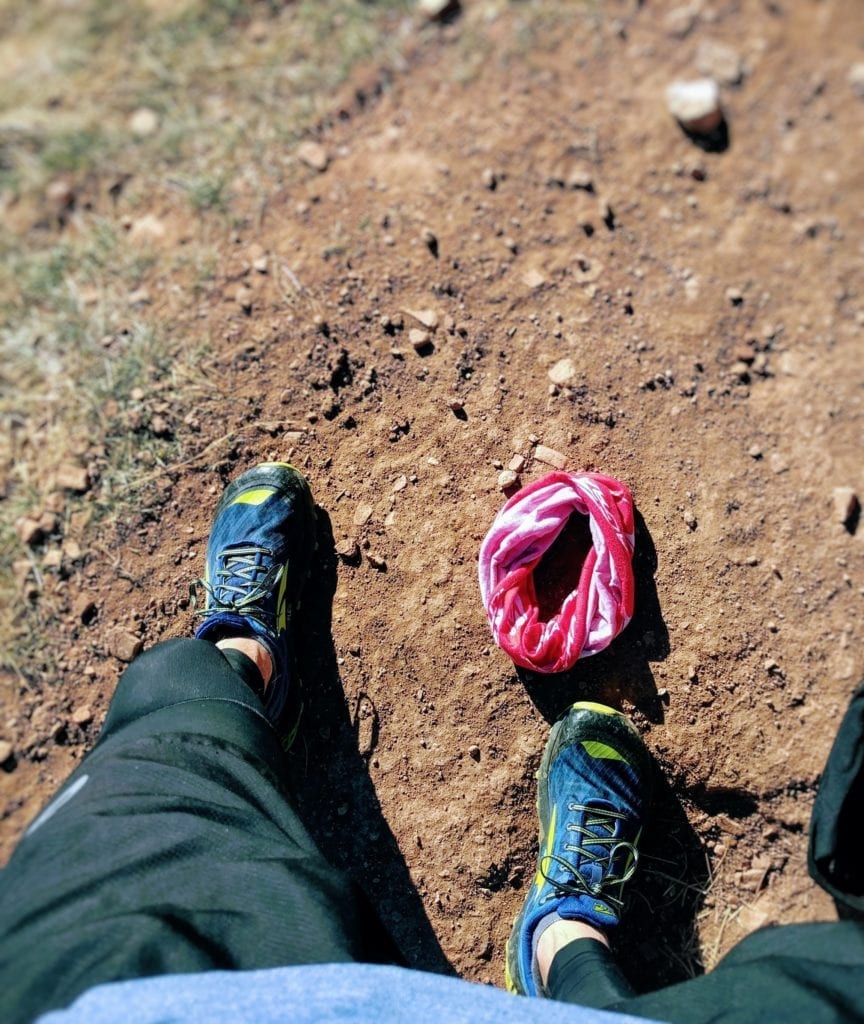
The shoes I currently use
Inov-8 Race Ultra 270* – Unfortunately, these are not actually in production anymore. But this is a relatively stiff minimal trail shoe which has a low heel drop. It’s good for fast, aggressive running when there may also be a little bit of hard ground.
Altra Superior* – This shoe has a slightly softer cushion than the previous shoe so its a little better for a slower long-distance run. The upper material is a little more flexible which can sometimes be an issue if the trail is too aggressive.
Saucony Kinvara 8* (Road shoe) – This is the one road shoe I own at the moment. Truthfully this was a mistake. It does have the low heel drop that I like but other than that it’s too traditional for my liking. The cushioning is rather large and too hard. Also the upper is a little narrow around my forefoot which can feel restricting over time. We all get it wrong sometimes. Next time I’ll look for something more similar to my trail shoes.
Conclusion
So can you now answer the question of “How to Choose a Running Shoe”? Just remember to run through the questions before you head into a running shop and you’ll be 90% of the way there. The last 10% is feel.
Having worked with and used so many different shoes, I can usually tell if the shoes will be a good fit. My point in writing this post is that in the end, with enough knowledge of your own body and shoe types, you will more likely find a shoe with a great fit. And you know what? Sometimes you still get it wrong. I did when I bought my Saucony road shoes. Ultimately, you should trust the “feel” of the shoe when you try it on. If it “feels” right then it probably is. I got that “feeling” with my Race Ultra’s, and I weep every time I remember I cannot buy another pair. But that’s running shoes for you.
Before I leave you, I want to make sure you know there are other aspects of running shoes that I did not cover in this post, including structured shoes, shoes for different running styles, and the materials used in running shoes.
However, these questions of running shoes all have long, complicated answers. And if you are asking these questions, I would always advise you on going down to your local running shop and get some advice from there. Runners often operate (or work in) most local shops and are passionate about running shoes. Because of this, you’ll probably end up with a great pair of shoes for your next running adventure. Feel free to comment and share your favorite running shoe!
Like this post? Pin it!
